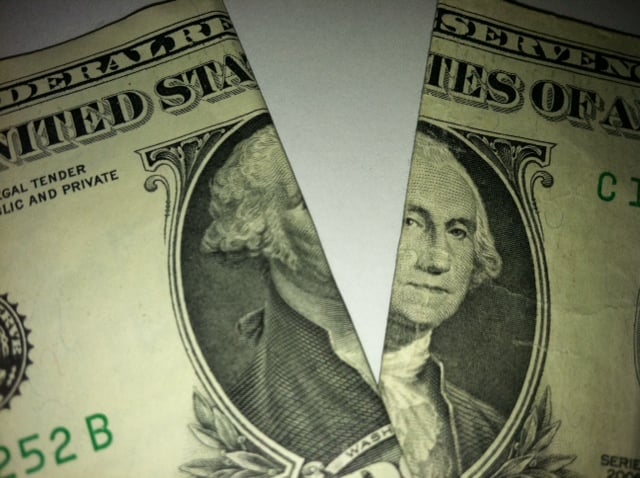Banking, finance, and taxes
Legalized Marijuana Businesses Start Getting Federal Bank Guidelines
Published:
Last Updated:
Marijuana may have become legalized for medical use in 20 states and legal for recreational use in two states, but what has not been legalized is how these companies conduct their business. Due to federal banking laws, these are effectively cash businesses which have a very hard time using banks and other regulated financial institutions. New Treasury guidelines may soon open the way to bring legal marijuana businesses into banking. Source: Jon Ogg
Source: Jon Ogg
The Treasury’s Financial Crimes Enforcement Network issued guidance on Friday. This memorandum is being called the “Cole Memo,” after James M. Cole – Deputy Attorney General, U.S. Department of Justice.
Now there is a framework for financial institutions to slowly begin providing financial services to legal marijuana-related businesses. What is called the FinCEN guidance aims to clarify how financial institutions can provide services to marijuana related businesses consistent with their Bank Secrecy Act obligations.
Again, these business have to operate in cash, without allowing customers to use credit cards and without banks. You can probably imagine the problems this can cause in how to store cash — and even how these businesses handle their accounting and how they are taxed. In a Jan. 11 story on the banking challenges for the legalized marijuana business The New York Times wrote:
“Their businesses are conducted almost entirely in cash because it is exceedingly difficult for them to open and maintain bank accounts, and thus accept credit cards.”
The Cole Memo is effectively giving the decision to banks to decide on their own how each bank account or relationship should be made, based on factors specific to that institution. The DOJ is not simply opening the floodgates here. Friday’s regulatory framework release said,
“The Cole Memo reiterates Congress’s determination that marijuana is a dangerous drug and that the illegal distribution and sale of marijuana is a serious crime that provides a significant source of revenue to large-scale criminal enterprises, gangs, and cartels. The Cole Memo notes that DOJ is committed to enforcement of the CSA consistent with those determinations.”
Banks will still need to conduct due diligence in determining whether to deal with legalized marijuana businesses. The Cole Memo suggests that banks verify a business is licensed and registered with state authorities, whether they are authorized to operate as a marijuana-related business, and more.
Banks will also have to consider whether a marijuana-related business implicates one of the Cole Memo priorities or violates state law. Banks that offer financial services to a marijuana-related business would be required to file suspicious activity reports, and the list of obligations here is far from being a short list.
The National Cannabis Industry Association (there really is one) discussed this as clearing the way for banks to serve authorized cannabis businesses. It also projected that this industry will produce $2.57 billion in revenues in 2014.
What is obvious here is that this framework is just the starting point. Still, these businesses will (likely) soon be able to operate in the banking system. At least with the banks that choose to deal with them.
As a reminder, FINRA has issued a warning to investors about marijuana stock scams.
Ever wanted an extra set of eyes on an investment you’re considering? Now you can speak with up to 3 financial experts in your area for FREE. By simply
clicking here you can begin to match with financial professionals who can help guide you through the financial decisions you’re making. And the best part? The first conversation with them is free.
Click here to match with up to 3 financial pros who would be excited to help you make financial decisions.
Thank you for reading! Have some feedback for us?
Contact the 24/7 Wall St. editorial team.